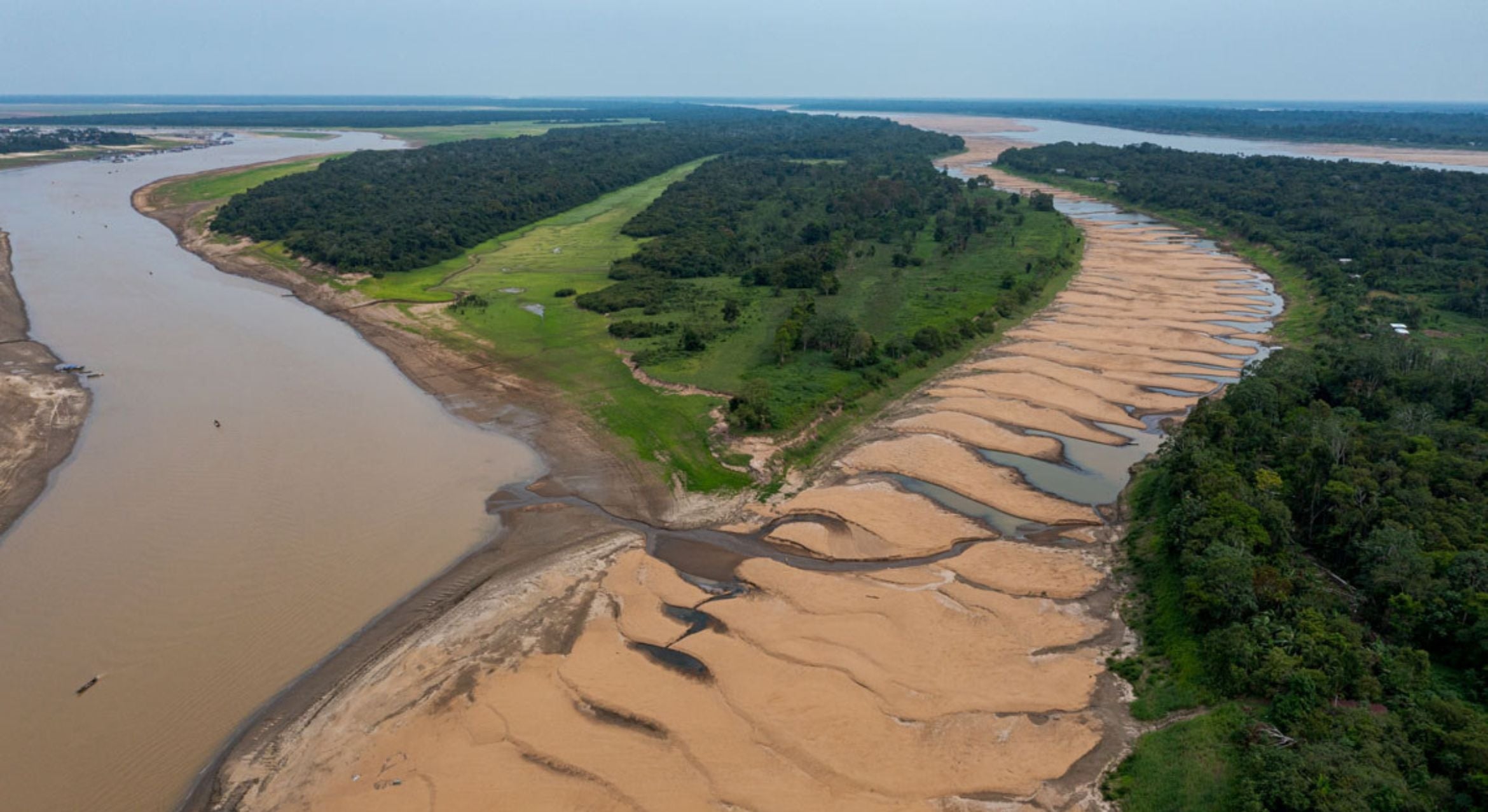Environmental Researchers at UC Santa Barbara Urge International Cooperation on Governance Issues Arising from Diminishing Arctic Sea Ice


Environmental researchers at UC Santa Barbara have issued a rallying cry to protect Arctic resources, in an article published in the April 17 issue of the journal Science.
Paul Berkman, researcher, and Oran Young, professor, urge the world's nations to develop integrated, science-based governance regimes and ecosystem-based management policies to protect the Arctic environment, where disappearing summer sea ice is providing access to a wide realm of previously unavailable natural resources. Both authors are with UCSB's Bren School of Environmental Science & Management. Berkman is also head of the Arctic Ocean Geopolitics Program at the University of Cambridge.
"The Arctic Ocean is crossing an environmental threshold expected to transform it from a perpetually ice-covered region to a seasonally ice-free sea within the next few decades," the authors write. "This environmental change has awakened global interests in Arctic energy, fishing, shipping, and tourism. The Arctic could slide into a new era featuring jurisdictional conflicts, increasingly severe clashes over the extraction of natural resources, and the emergence of a new ‘great game' among the global powers."
But Berkman and Young see in the changing environmental circumstances the potential not only for escalating international competition, but also an opportunity "to link government interests," and create a template for "addressing transboundary security risks cooperatively."
In the paper, the authors note that summer sea ice has been disappearing at a rate that could make the Arctic Ocean ice-free and seasonally navigable by summer 2050, but, Young added after the article was written, "A fair number of people are now saying that the Northwest and Northeast Passages may be ice-free by August/September by 2015."
In light of those developments, Arctic nations are seeking to shore up their existing Arctic Ocean resource jurisdictions, while non-Arctic nations are "asserting Arctic strategies of their own," say the authors. Further, they add, "Military interests in the Arctic Ocean are mounting as reflected by the Canadian decision to purchase ice-breaking patrol vessels, the rebuilding of Russia's northern fleet, and the emerging interest in the Arctic on the part of the North Atlantic Treaty Organization."
The authors suggest that the changing Arctic environment provides an important opening in which to integrate science and diplomacy to create regional policy, citing as an example the success of the Arctic Council in "generating policy-relevant knowledge about the Arctic and bringing Arctic issues to the attention of global forums."
The paper argues for the development of a variety of regimes to cover all forms of shipping, marine pollution, protection of large ecosystems located wholly or partially in the Arctic, and regional tourism. One challenge in that regard, the authors suggest, is "to avoid the dangers of institutional fragmentation" and to aim instead for "integrated governance for the Arctic Ocean treated as a large, complex, and highly dynamic socio-ecological system."
One idea for effective governance in a changing Arctic, they say, would be to treat the central Arctic as an international space beyond national jurisdiction, thereby encouraging international cooperation in designing governance mechanisms for the region.
In the final section of the paper, the authors note that the risk of political, economic, and cultural instability resulting from environmental change "has become a matter of global security," and that, "an inclusive dialog about security risks and responses relating to the Arctic has yet to emerge."
The authors conclude: "Before sectoral activities accelerate with the diminished sea ice, the window of opportunity is open for all legitimate stakeholders to forever establish their common interests in the central Arctic Ocean as an international space dedicated to peaceful uses."
Berkman is a researcher in the National Science Foundation–funded Program on Governance for Sustainable Development at the Bren School. His formal training is in biological oceanography, with an interdisciplinary focus on Earth-system science, policy, and education.
Young is professor of Institutional and International Governance, and Environmental Institutions at the Bren School. He is a renowned Arctic expert and a world leader in the fields of international governance and environmental institutions.



